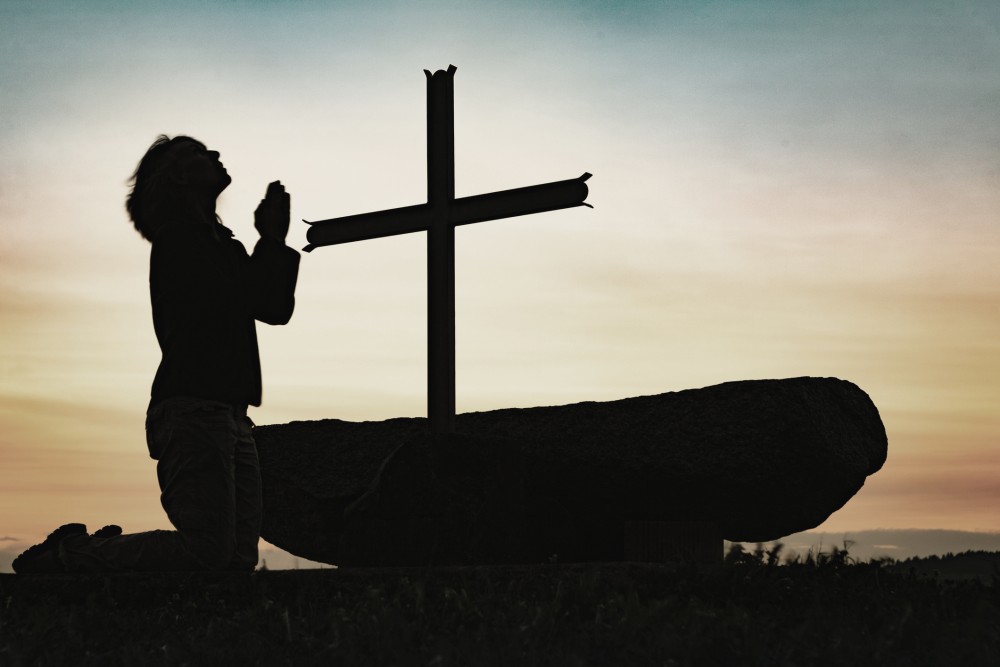After the personal salvation gospel
The world won't be saved by my prayers or virtuous desires.

When I was 11, I attended a Baptist Bible camp rich in the popular theology of the 1990s and early 2000s. "Are you ready to pray the prayer and ask Jesus into your heart?" my blonde, gregarious, open-hearted camp counselor asked me.
I took a deep breath. "No," I said. "Because I know he's already there."
I thought of this when I read the recent essay by Laura Turner, daughter of megachurch pastor John Ortberg, reflecting on her evangelical upbringing and the different paths her youth group friends have taken. The article crystallized some things for me. It brought together what I’ve seen traveling the country interviewing people for my book Red State Christians, what I’ve witnessed in the downfall of so many evangelical giants, and what I’ve felt inside myself: that something is deeply amiss in American Christianity, and that something new might be rising in its place.




